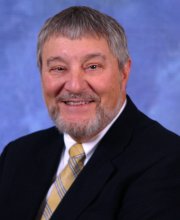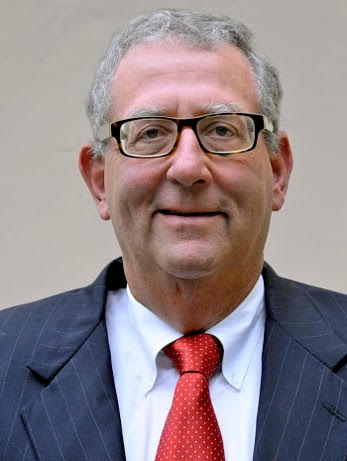America’s health care system is not working for all Americans, especially those who live in rural areas. We believe there are two core issues that have kept us stuck in a rut.
One of these issues is summed up by Bill Gross, founder of Idealab: “You can try to persuade people to care about issues, but the only way you’re going to get huge change is if you save them money.”
Another is summarized by John Stone, Deere and Co. president: “For John Deere to realize our vision, innovation has to be there. And it has to be empowered, encouraged, invested in and cultivated.”
Health care in America is stuck because it is not saving people money, and it does not encourage innovation, especially in rural areas.
Citizens are not able to spend less for health care. Any systemic savings are going to stockholders in major, vertically integrated health care systems. Rural Americans have had to become very creative in order to afford even some semblance of basic health care. They are trying to do a better job of keeping themselves healthy, but where can they easily find unbiased information? They can search the Internet, but many lack the quality, affordable broadband necessary to do that research.
Communities who want to invest in a health care system often cannot find necessary financing. Local and regional cooperatives to address health and health care may be one answer. But that requires both local and outside investment to expand educational resources by expanding quality broadband access in rural areas.
What do we collectively value? If we believe health is a valued civil right, we must show the markets what is needed. “If we build anything in the months and years ahead, markets that value what society values should be the cornerstone,” said Ainsley Harris, senior writer at Fast Company in the August 2020 issue.
Communities should patronize companies that reflect the values they cherish. People should support policymakers who share those values.
The nonprofit Healthier Rural America has created strategies and action plans. It lays out the issues and suggests ways to address those issues at www.healthierruralamerica.org.
For example:
» Digital capability. We must examine how digital ecosystems can enhance health in rural Nebraska and all of rural America. High-end broadband is greatly needed in rural areas and the present service model isn’t meeting all of the needs. Perhaps the answer is a publicly owned system that would allow private entities to add value to this public model. This could enhance the integration of health and health care models as well as educational models.
» Development strategies. Create regional economic and community development strategies and tools that can address health care service/provider issues as well as address the shifting service, production and processing models happening in the nation right now.
Both of these will require a change in our present mindsets.
Please explore those issues and suggestions and share them with others who are interested in making a difference for rural America.
We encourage all Americans to work together to create a healthier rural America that benefits all of us. We must build a healthier nation together. Are you ready to roll up your sleeves and get to work?
Dennis Berens, a Lincoln resident, is a rural health strategist and former president of the National Rural Health Association. Phil Polakoff, M.D., CEO, A Healthier WE, and a Consulting Professor at the Stanford University School of Medicine.
This article originally appeared on Omaha.com



